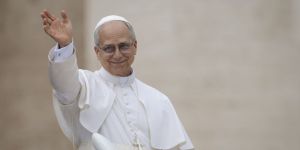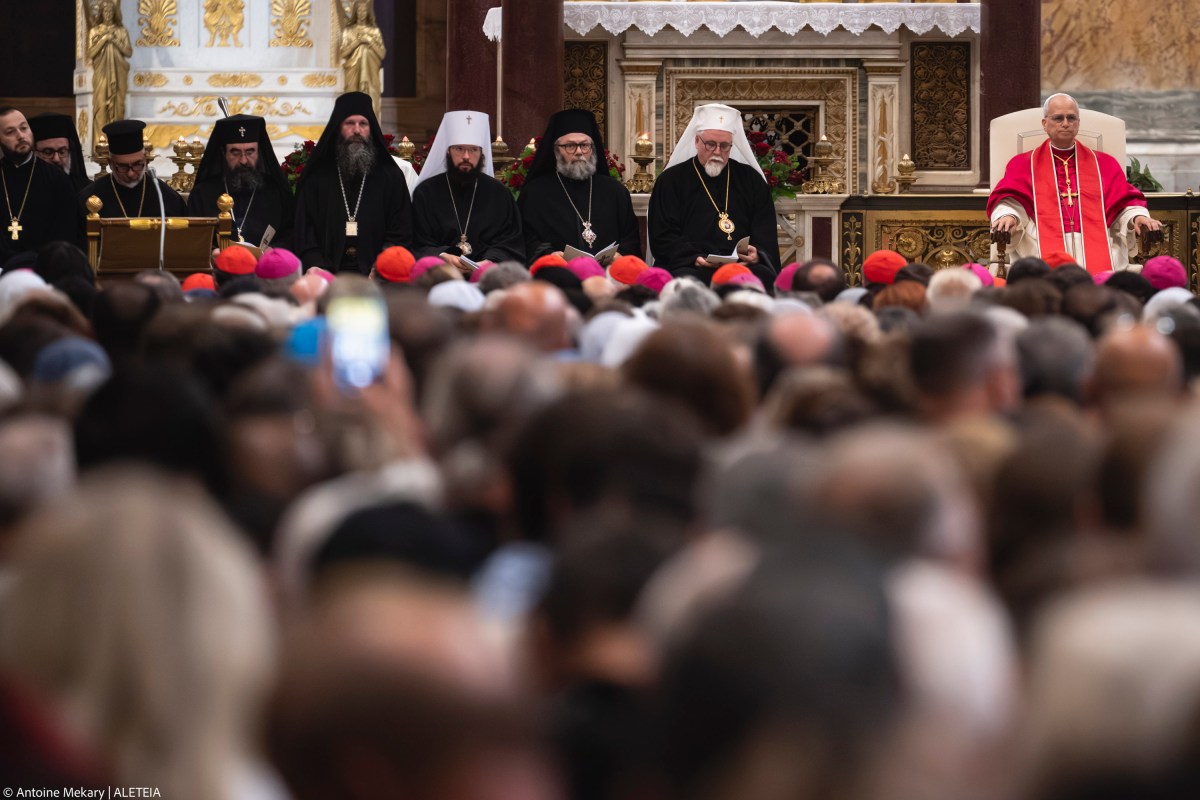“Peace, Shalom, Salam, Beybitshilik.” With that multilingual greeting, Pope Leo XIV sent a message to religious leaders meeting this week in Kazakhstan, urging them to turn interfaith dialogue into practical cooperation — what he called “synergy for the future.”
In the letter, the Pope says authentic religion is a “wellspring of healing,” not a cause of division, and he invites believers to serve “shoulder to shoulder” wherever human dignity is at risk.
Launched by Kazakhstan in the early 2000s, the gathering has become a regular platform for high-level encounters; this year’s program highlighted shared action on peacebuilding, migration, and care for the environment.
Pope Leo’s message frames “synergy” as working with one another and with God for the common good. It is not about erasing differences, he writes, but about bringing the “distinct gifts of each tradition” to the same table. He recalls milestones that shaped today’s interreligious landscape: the 1986 prayer meeting in Assisi convened by St. John Paul II; the 2019 Document on Human Fraternity signed in Abu Dhabi; and the Congress’s own 2022 assembly where leaders jointly rejected violence and extremism.
Why this matters now
Pope Leo, like Francis, has been emphasizing dialogue in a conflict-scarred world. His early interventions have underscored a desire to welcome, to protect the vulnerable, and to keep lines open with global partners — even where views diverge. The tone of this Astana message fits that approach.
For Catholics, the letter resonates with a long-standing teaching: human solidarity isn’t optional. The Church has consistently taught that we owe one another practical care — across borders and beliefs — because we share one human family. The Pope’s language echoes that vision, urging concrete collaboration when “natural disasters strike,” when refugees flee, or when families face “poverty and hunger.”
The host nation’s leadership is leaning in as well. President Kassym-Jomart Tokayev has positioned the Congress as a forum where faith leaders can make common cause on 21st-century challenges, from safeguarding sacred sites to addressing climate impacts on vulnerable communities.
Bottom line: Astana’s gathering is not just talk shop. Pope Leo XIV is asking religions to turn goodwill into joint action, speaking with one voice for human dignity. In a year when wars and displacement dominate headlines, “synergy” is the Pope’s shorthand for hope that does real work.


